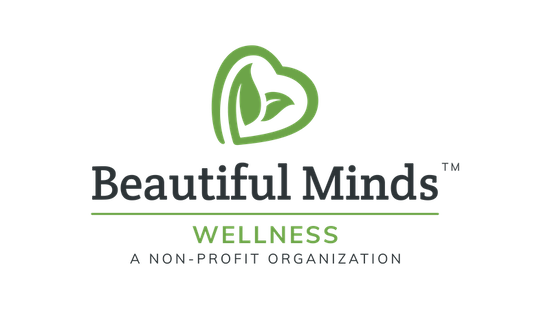Project Description
NUTRITION
What you eat directly affects the structure and function of your brain and, ultimately, your mood. An unhealthy diet is a significant risk factor not only for obesity, heart disease, and diabetes, but also for common mental disorders. There is now consistent evidence that poor dietary habits are associated with depression and anxiety.1 This is actually good news, because switching to a healthy diet can make a significant difference in one’s mental health.
Multiple studies have found a correlation between a diet high in refined sugars and impaired brain function – and even worsening of symptoms of mood disorders, such as depression.2
Several factors are involved in these food-brain connections and one of those are food allergies which are on the rise. Food allergies create a metabolic disorder that can lead to a host of mental symptoms, including depression. Gluten and dairy are major culprits. Partially digested dairy and wheat particles (called caseomorphins and gliadomorphins) are often found in the urine of severely depressed patients. These odd proteins change brain functions and can lead not only to depression but also psychosis.3
This connection with your digestion and your brain makes sense when you find that your gastrointestinal tract is lined with a hundred million nerve cells, or neurons. No wonder the inner workings of your digestive system don’t just help you digest food, but also effect your emotions. 95% of your serotonin is produced in your gastrointestinal tract. This important neurotransmitter helps regulate sleep and appetite, mediate moods, and inhibit pain.2
Studies have shown that when people take probiotics (supplements containing good bacteria) their anxiety levels, perception of stress, and mental outlook improves, compared with people who did not take probiotics.2
A good quality diet consists of a high consumption of fruits, vegetables, whole grains, nuts, and seeds while limiting intake of sugar, dairy and processed foods. Those with gluten sensitive may need to limit gluten containing grains.
Let food be thy medicine, and medicine be thy food. -Hippocrates
1 Dash SR, O’Neil A, Jacka FN, Diet and Common Mental Disorders: The Imperative to Translate Evidence into Action. Front Public Health. 2016; 4:81
2 www.health.harvard.edu/blog/nutritional-psychiatry-your-brain-on-food-201511168626
3 www.drhyman.com/blog/2015/09/18/6-strategies-to-eliminate-depression/




